Specifications
| book-author | Richard Wortley |
|---|---|
| file-type | |
| isbn10 | 184392806X |
| isbn13 | 9781843928065 |
| language | English |
| publisher | Willan |
Book Description
**”Psychological Criminology: An Integrative Approach (Crime Science)” (1st Edition)** by Richard Wortley provides a comprehensive exploration of the psychological aspects of criminal behavior. This book is designed to bridge the gap between psychology and criminology, offering an integrative perspective that combines theory, research, and practical application. Wortley, an expert in crime science, presents a detailed examination of how psychological theories and concepts can be applied to understand and address criminal behavior.
### **Key Features and Content Overview:**
#### **1. Introduction to Psychological Criminology**
– **Defining Psychological Criminology:** The book begins by defining psychological criminology and explaining its significance in the study of crime. Wortley emphasizes the role of psychological factors in understanding why individuals engage in criminal behavior and how these insights can be used to develop effective interventions and policies.
– **Integrative Approach:** Wortley introduces the concept of an integrative approach, which combines elements from various psychological theories and disciplines to provide a comprehensive understanding of criminal behavior. This approach acknowledges the complexity of human behavior and the need for multi-faceted strategies to address crime.
#### **2. Theories of Criminal Behavior**
– **Overview of Psychological Theories:** The book provides an overview of major psychological theories relevant to criminology, including biological, cognitive, behavioral, and social learning theories. Wortley discusses how these theories explain different aspects of criminal behavior, such as aggression, impulsivity, and antisocial personality.
– **Application of Theories:** This section emphasizes the practical application of psychological theories to real-world criminal cases. Wortley explores how these theories can be used to assess risk, predict offending patterns, and develop targeted interventions for offenders.
#### **3. Personality and Criminal Behavior**
– **Personality Traits and Crime:** Wortley examines the relationship between personality traits and criminal behavior, focusing on traits such as impulsivity, sensation-seeking, and psychopathy. He discusses the role of personality assessments in identifying high-risk individuals and tailoring interventions to their specific needs.
– **Developmental Pathways:** This section explores how personality traits develop over time and how early experiences, such as childhood trauma and family dynamics, can influence the likelihood of engaging in criminal behavior. Wortley highlights the importance of early intervention and prevention strategies.
#### **4. Cognitive Processes and Crime**
– **Cognitive Distortions:** The book discusses cognitive distortions, or biased ways of thinking, that can lead to criminal behavior. Wortley explains how offenders may rationalize their actions, minimize harm, or blame others, and how these thought patterns can be addressed through cognitive-behavioral therapy (CBT).
– **Decision-Making and Crime:** This section examines how cognitive processes, such as decision-making and problem-solving, influence criminal behavior. Wortley explores the concept of rational choice theory and how offenders weigh the costs and benefits of their actions.
#### **5. Social Influences on Criminal Behavior**
– **Family and Peer Influences:** Wortley discusses the impact of social factors, such as family relationships and peer associations, on criminal behavior. He highlights the role of social learning in the development of criminal behavior and the importance of positive role models and supportive environments.
– **Cultural and Societal Influences:** This section explores how broader cultural and societal factors, such as poverty, inequality, and social norms, can contribute to criminal behavior. Wortley emphasizes the need for social policies that address these underlying issues to prevent crime.
#### **6. Biological and Neuropsychological Factors**
– **Biological Bases of Crime:** The book examines the biological factors that can influence criminal behavior, including genetics, brain structure, and neurochemical imbalances. Wortley discusses the implications of these findings for understanding the roots of criminal behavior and developing effective interventions.
– **Neuropsychological Deficits:** This section explores how neuropsychological deficits, such as executive function impairments and emotional dysregulation, can contribute to criminal behavior. Wortley highlights the importance of neuropsychological assessments in identifying and addressing these deficits.
#### **7. Environmental and Situational Factors**
– **Environmental Criminology:** Wortley introduces the concept of environmental criminology, which focuses on the role of environmental and situational factors in crime. He discusses how factors such as opportunity, place, and routine activities can influence criminal behavior.
– **Situational Crime Prevention:** This section explores strategies for situational crime prevention, including designing environments to reduce opportunities for crime and implementing measures to increase the perceived risk of being caught. Wortley emphasizes the importance of a proactive approach to crime prevention.
#### **8. Integrative Models of Criminal Behavior**
– **Combining Theories and Concepts:** The book presents integrative models that combine elements from various psychological theories and disciplines to provide a comprehensive understanding of criminal behavior. Wortley discusses the benefits of an integrative approach, including its ability to address the complexity of human behavior and its applicability to a wide range of criminal behaviors.
– **Case Studies and Applications:** This section includes case studies and practical applications that illustrate how integrative models can be used to understand and address criminal behavior in real-world settings. Wortley encourages readers to think critically about how these models can be applied in their own work.
#### **9. Implications for Policy and Practice**
– **Policy Implications:** Wortley discusses the implications of psychological criminology for public policy, including the development of evidence-based interventions and the importance of addressing the psychological factors that contribute to crime. He emphasizes the need for policies that are informed by research and that take into account the diverse needs of offenders and victims.
– **Practical Applications:** This section provides practical guidance for practitioners working in criminal justice, mental health, and related fields. Wortley discusses the importance of using psychological assessments, implementing evidence-based interventions, and working collaboratively with other professionals to address the complex needs of offenders.
#### **10. Future Directions in Psychological Criminology**
– **Emerging Trends:** The book concludes by discussing emerging trends in psychological criminology, including the use of technology in crime prevention and the growing recognition of the importance of mental health in the criminal justice system. Wortley highlights the need for continued research and innovation in the field.
– **Challenges and Opportunities:** This section explores the challenges and opportunities facing psychological criminology in the future, including the need for more integrative and interdisciplinary approaches to understanding and addressing crime.
**”Psychological Criminology: An Integrative Approach (Crime Science)” (1st Edition)** by Richard Wortley is an essential resource for students, researchers, and practitioners interested in the psychological aspects of criminal behavior. By providing a comprehensive overview of psychological theories, research, and practical applications, this book equips readers with the knowledge and tools needed to understand and address criminal behavior from a psychological perspective.


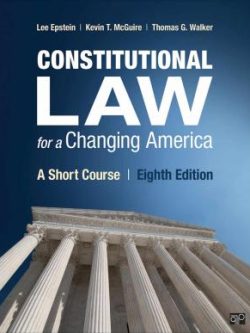




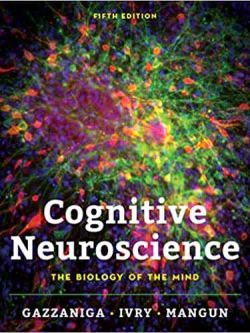
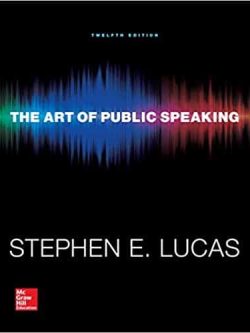
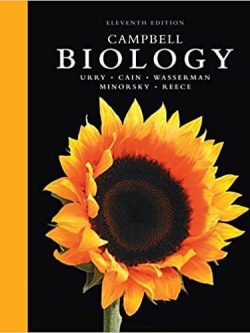

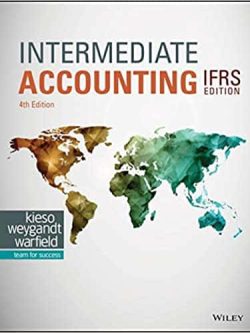
Reviews
There are no reviews yet.